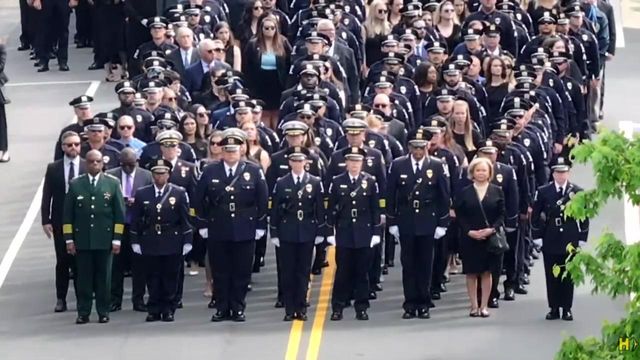Douglas McCullough: 2006 NC Teaching Fellow
This interview was conducted by email as part of a series on teacher diversity in North Carolina.
- Read the full series: NC's teacher diversity gap
- Read more interviews with other North Carolina Teaching Fellows
What years were you a Teaching Fellow, and what college did you attend?
2006-2010, NC Teaching Fellow at NC State University, Class of 2010.
Why did you apply to be a Teaching Fellow, and how did the program affect your life?
I have always wanted to be a teacher, so when I heard of the Teaching Fellows scholarship during high school, I just knew I had to apply. Upon being accepted, it made a dream that I never realized I wanted come true.
It wasn't until my sophomore year of high school that I even believed I could go to college, so I would say that the Teaching Fellows program was pretty life changing by helping that dream become a reality.
What have you done since college, and what are you doing now?
After graduating, I began teaching in Wake County Public Schools, where I taught for seven years. I am currently in the second year of obtaining my master's in school administration from NC State University.
Why have you stayed in (or left) teaching?
I quickly found that my passion for educating did not only apply to students but also to teachers. Teachers enter into the profession with vast amounts of passion but not always sufficient support. Through my development as a teacher leader in the classroom, I was mentored into more formal leadership roles that supported students and teachers in a more systematic way, which led to a natural pathway towards school administration.
What advice do you have for colleges hoping to recruit more people of color and men to study teaching?
While this is a very complex issue, I believe you must get to them earlier. Many teachers enter the profession because they were inspired by a teacher, coach, mentor, etc. when they were younger. Men of color need this just as much as anyone else, if not more.
I think a great idea is for colleges to create partnerships with high schools and middle schools, local and remote. Build long-term relationships while exposing them to higher education. Hopefully that immersion will translate into teacher recruitment.
While this is not solely the responsibility of colleges, society must make teaching a valued and competitive profession again.
What advice do you have for schools hoping to retain people of color and men as teachers?
I think every school asks this question, and in my personal opinion, it isn't the right one. I do believe representation matters, but I believe exposure is more in our control.
The truth is the pool of males of color is small due to a plethora of reasons, but there are plenty of men of color who represent the various aspects of a community.
To directly answer your question, retaining male teachers of color requires specific resources to support their growth as well as opportunities to build their capacity as leaders in the school. When any teacher becomes vested in a school and feels supported by the school's leadership, they are more likely to stay.











